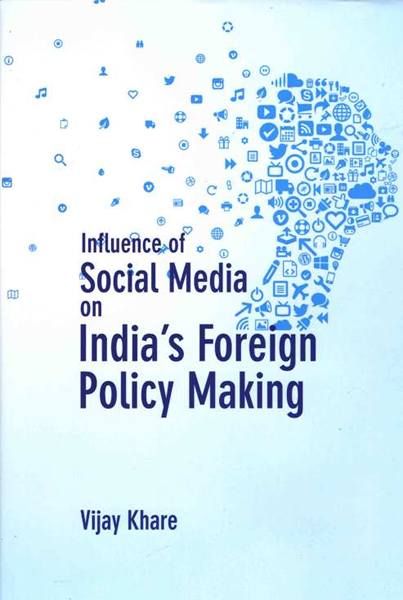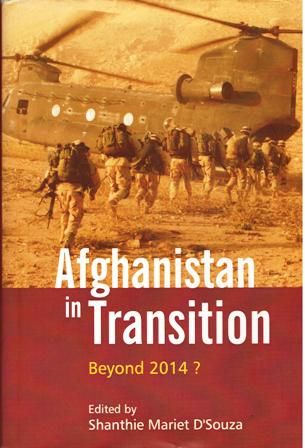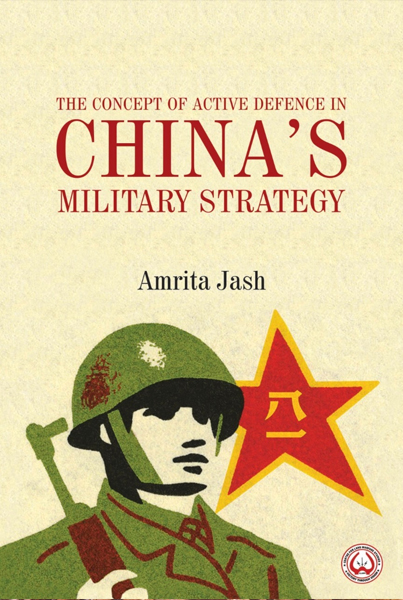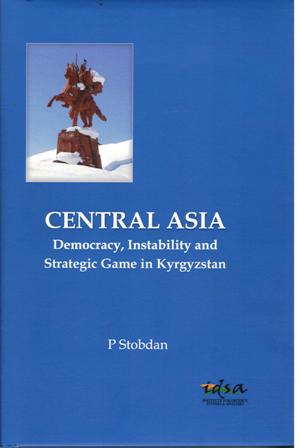Description
This book portrays how China’s state transformation is taking place or moving without much notice through trial and error, which seems awfully caution, balanced and systematic. Specifically, it addressed the discourse of State transformation in China, contextualizing its progress and timely transformation in the military, civil-military, political and socio-economic terms. Scholars have tried to examine this discourse time and again. But again they have neglected to do that through “institutional” parameters. That means; literature is still lacking in identifying the changes in China’s systematic regime politics, particularly in military, civil-military ties, and economic terms at one place. Not many in India have tried to judge or identify China’s progress through its systemic transformation in institutional terms. Therefore, this study claims to be the opening of its kind from this region. The bearings of this study are universal. It further intends to narrate how China’s systemic internal changes would manifest its external bearings and contribute to the discourse of the “rise of China”. China’s domestic conditions, it needs to be noted emphatically, contribute greatly to its external posture. This book has tried to highlight some of the emerging issues manifested in China’s overall State transformation. It has addressed the underlying factors of this change through military modernization, Party-military dynamics, regime politics, the regime’s process of taking decisions, and the complexity of the Chinese economic growth. How China is keeping a balance on many problematic fronts to pace its progress in a complex domestic order is in itself an interesting topic for study.









Reviews
There are no reviews yet.